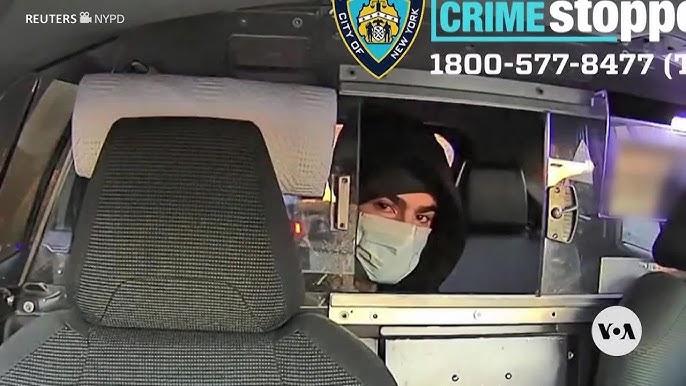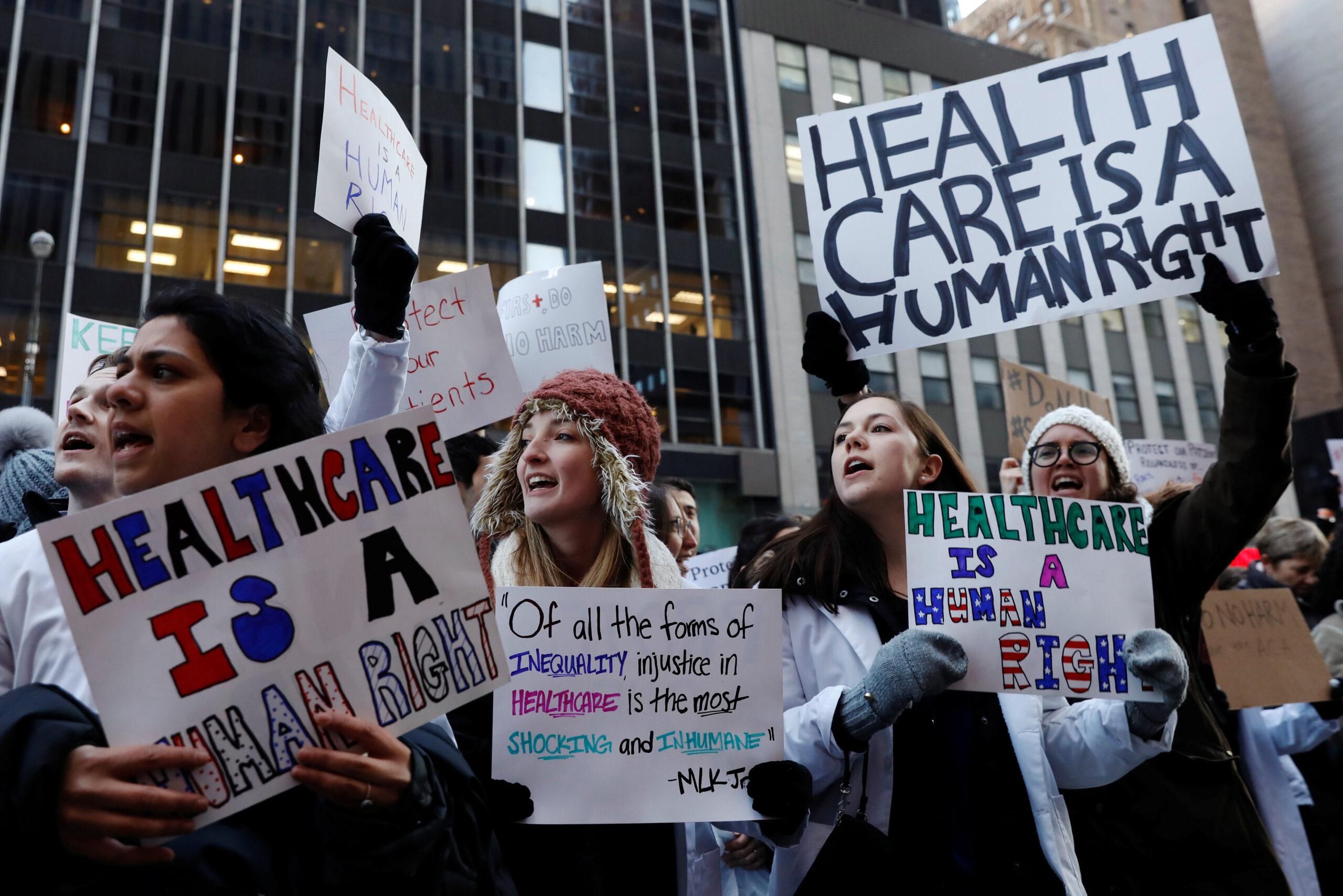In the wake of the shocking early morning shooting of the CEO of UnitedHealth in New York City, top brass at leading health insurance companies have scheduled a ten-day conference on an unnamed tropical island to discuss why public reaction has been less sympathetic than they expected.

The 10-day resort excursion itinerary includes activities such as beach volleyball, claim-denial bingo, and tossing handfuls of cash at cockfights.
“It’s really hurtful when you think the hoi polloi may not like you,” said a CEO who asked to remain anonymous, as, in fact, all of the high-rolling attendees did. “I’m not sure why they’re being so mean,” he continued, picking a Labradoodle hair off his $10,000 suit.
“It’s an important conference that will involve panel discussions, workshops, curated excursions and, of course, cuisine from world-class chefs. Attendees will be flown in on private jets. It’s going to be informative, and healing, and a lot of fun for everyone involved, especially because it’ll all be on the company dime.”

Beachside panel discussions will address critical topics such as, “How Many Laughing Emojis Are Too Many?” “Maybe Don’t Refer to ‘Overconsumption of Care’ in Your Public Statement” and, “How to Turn Your Mansion Into a Fortress Against the Unwashed Masses.”
When asked about the cost of the conference, the CEO, replied, “No problem; we’re planning to tighten belts in other areas. Primarily, of course, via an increased number of rejected claims, so that we don’t affect our profits. The money will all come out of care we don’t pay for. It won’t affect our bottom line at all; it’ll be a great week-and-a-half. We deserve it; this past week has been very emotionally traumatizing for all of us making 8 figure yearly salaries by denying average Americans necessary medical care.”

“And, of course, we’ll get to the bottom of the central question, which is, ‘Why have so many Americans reacted with a lack of sympathy or concern for the safety of health insurance executives? We work very hard for our shareholders. If we paid for more care to keep them healthy, that’s less money going into investor pockets–and is that really a better outcome?” said the CEO, strapping a bullet-proof vest around his torso.

